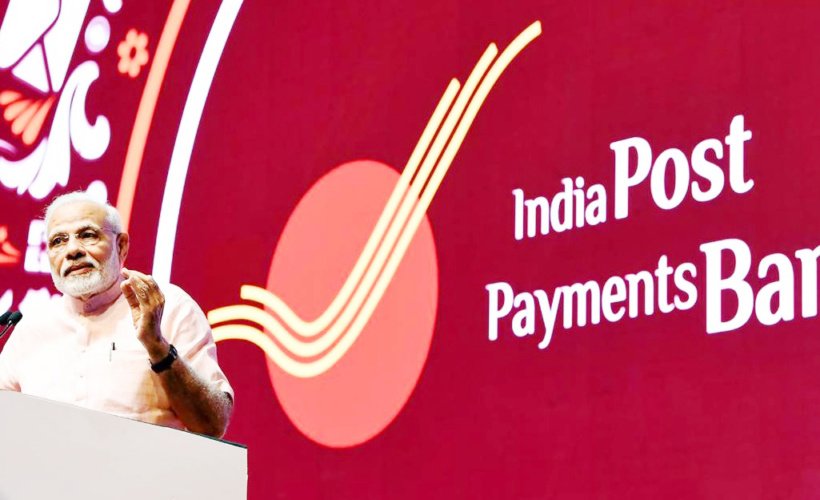
Goans will have access to doorstep banking thanks to the recent launch of the India Post Payments Bank in the state and rest of the country.
Postmen will be equipped with smart phones, biometric devices and QR cards, which will eliminate the need for account holders to remember their account number and PIN. There will be no need for customers to leave their home for transactions.
According to N Vinodkumar, postmaster general, Goa region, “The India Post Payments Bank is expected to be a boon to senior citizens and housewives who are unable to travel, as money will be delivered at the doorstep to customers wishing to make a withdrawal.” He added that about 2,000 payment bank accounts have already been opened in the state during the trial run period.
Opening an account is going to be very easy in the IPPB with no paperwork and requiring just an Aadhaar card. Additionally, one doesn’t need to maintain a minimum balance. The aim of the IPPB is to spearhead financial inclusion by removing barriers for the unbanked. It is estimated that about 20 crore Indians still lack access to formal banking.
Prime Minister Narendra Modi launched the bank nationwide at 2.30 pm on September 8, 2018. The bank was launched simultaneously in 650 post offices across the country. In Goa, the launch was held in six branches and 30 access points in post offices. Governor Mridula Sinha inaugurated the Panaji IPPB branch at the Menezes Braganza hall, while South Goa MP Narendra Sawaikar launched the Margao branch at the Gomant Vidya Niketan.
“The remaining 257 post offices in the state will also act as access points of the IPPB by December 31 2018,” Vinodkumar said, adding that about 700 postmen will move around with smart phones in the state once the India Post Payments Bank becomes fully functional by the end of the year.
“Postmen have been trained to handle the payment bank work, and the only challenge is connectivity,’ said the postmaster general, promising a smooth rollout.
The bank proposal was mooted in 2014 by the Nachiket Mor Committee set up by the RBI. The committee’s recommendation was for payment banks that would not offer credit (loan) and would, therefore, be safe from the problem of non-performing assets faced by regular banks. Account holders can deposit maximum `1 lakh in the IPPB account with deposits earning 4 per cent rate of interest. They can use the bank QR card to pay electricity bills and also make payments to merchants partnering with the IPPB





